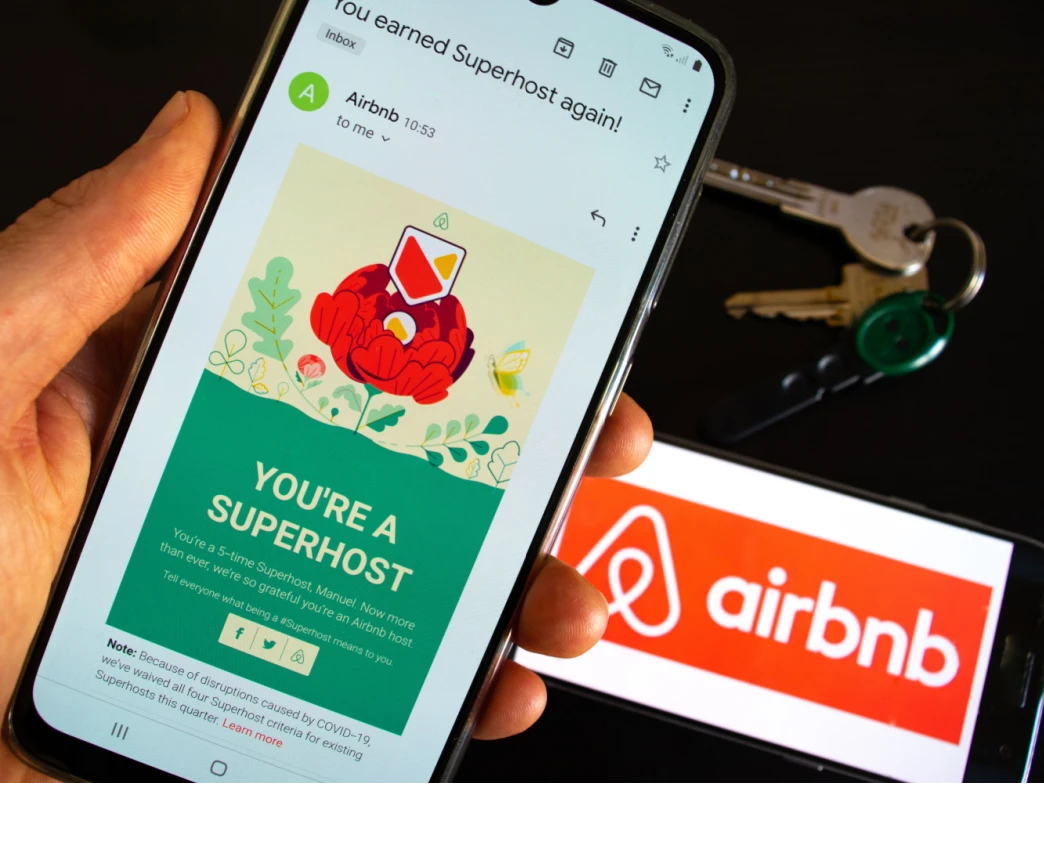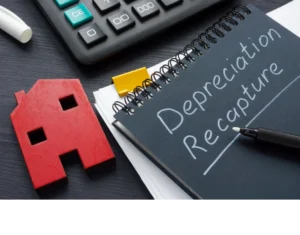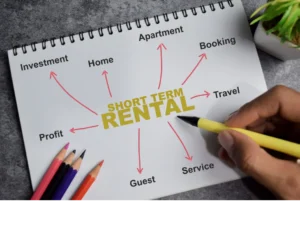A Guide for New Short-Term Rental Hosts

How Does Airbnb Work?
Thinking about turning your property into a short-term rental? Enter Airbnb, the platform that connects property owners with millions of guests worldwide.
Whether you’re managing a spare private room, a vacation home, or a fully furnished apartment, Airbnb offers a user-friendly way to generate income while sharing unique accommodations with travelers.
This guide is tailored for new hosts and property investors looking to understand how Airbnb works, its benefits, and how to succeed as a host. By the end, you’ll be equipped with actionable insights to transform your property into a thriving short-term rental.
How Does Airbnb Work for Hosts?
The Airbnb website operates as a peer-to-peer platform. Essentially, it matches hosts who list their Airbnb properties with guests searching for accommodations, ranging from cozy apartments to luxurious vacation homes.
Hosts start by creating a property listing, which should include detailed descriptions, high-quality photos, pricing, and availability. Once a guest books a property, the host ensures the space is prepared for their arrival and offers a smooth and pleasant experience.
Airbnb handles payments and provides protection services, including damage coverage through its AirCover program, ensuring peace of mind for both hosts and Airbnb guests.
Why start hosting on Airbnb?
Here’s why Airbnb has become the go-to vacation rental platform over traditional hotel rooms:
- Global Reach: With millions of users spanning over 220 countries and regions, your Airbnb account gives access to a broad audience.
- Flexibility: Control your pricing, availability, and rules to accommodate your schedule and preferences.
- Supportive Features: Tools like guest messaging automation, calendar syncing, and pricing suggestions simplify hosting tasks.
Now that you know the basics, let’s break down the steps to get started.
Step 1: Creating Your Listing
Your first impression from a potential guest starts with your Airbnb listing. To attract bookings, make sure your listing stands out.
1.1 List your property with stunning details
Provide accurate and enticing descriptions to hook potential guests. Highlight key details like the property’s unique features, size, and location. For example:
-
- Is it a city apartment near tourist hotspots or a tranquil retreat with a mountain view?
- Are amenities like high-speed WiFi, a fully stocked kitchen, or free parking included?
1.2 High-quality photos are essential
Photos can make or break a listing. Invest in professional photography to showcase your property at its best. Capture wide-angle shots of each room with good lighting and focus on special features, such as a cozy reading nook or a spacious patio.
1.3 Establish competitive pricing
Research listings in your area to determine competitive pricing. Consider local demand, nearby attractions, and the condition of your property. You can also enable Airbnb’s Smart Pricing tool, which adjusts rates based on market trends.
Screen Your Tenant Today!
Gain peace of mind with AAOA’s credit, criminal, and eviction reports.
Step 2: Manage Expectations with Clear House Rules
Set clear expectations by defining house rules. This ensures smooth communication and minimizes misunderstandings. House rules should address:
- Check-in and Check-out Policies: Specify times and instructions.
- Smoking and Pet Policies: State whether these are permitted.
- Quiet Hours: Prevent noise complaints by outlining quiet times.
By providing rules upfront, guests will know exactly what to expect, reducing potential conflicts.
Step 3: Communicate Well with Guests
Prompt and clear communication is key to running a successful Airbnb. Respond to inquiries quickly, answer questions thoroughly, and provide clear instructions for check-in and property usage.
Example message:
“Hi [Guest Name], thank you for choosing my Airbnb! Check-in begins at 3 PM. Your personalized key code is [12345]. If you need anything, feel free to message me. Enjoy your stay!”
Step 4: Prepare Your Property for Guests
Fulfilling guests’ expectations doesn’t stop at the listing. A well-prepared property ensures positive reviews and repeat bookings.
4.1 Cleaning and maintenance
Ensure your property is spotless before each guest. Consider hiring professional cleaners and use turnover management features with Host Tools, which syncs cleaning schedules with guest bookings.
4.2 Essentials for when you host guests arrive
Provide basic amenities like fresh towels, toiletries, and coffee or tea. An extra touch, such as a welcome basket with snacks, can help you earn glowing reviews.
4.3 Create a welcome guide
A detailed welcome guide can save you from answering repetitive questions. Include information like:
- WiFi passwords.
- Local recommendations for restaurants and attractions.
- Instructions for appliances and TVs.
Step 5: Leverage Airbnb’s Tools for Success
Being a successful Airbnb host requires leveraging the Airbnb platform’s tools to optimize your property’s visibility and guest experience.
AirCover for hosts and Airbnb owners
Airbnb’s AirCover offers property damage protection, liability insurance, and help with cancellations. It’s a safety net that ensures you’re prepared for rare but challenging situations.
Pricing optimization
Dynamic pricing tools on Airbnb help you adjust rates based on demand, seasonality, and local events. This ensures your property stays competitively priced year-round.
Step 6: Stand Out with Stellar Guest Experiences
The key to excelling on Airbnb is creating memorable guest experiences. Besides meeting basic expectations, go the extra mile with thoughtful touches:
- Offer local recommendations that guests wouldn’t find in a typical guidebook.
- Provide small luxuries, like high-thread-count linens or organic toiletries.
- Be proactive in resolving any issues that arise during their stay.
Positive guest experiences lead to great reviews, which improve your listing’s visibility.
Overcoming Challenges as a New Host
While hosting on Airbnb is rewarding, challenges may arise, including handling difficult guests or complying with local regulations. Here’s how to tackle them:
Handling difficult guests
Set clear rules and communicate respectfully to address any issues. Airbnb’s resolution center can assist if disputes occur.
Understanding legal requirements
Regulations for short-term rentals vary by location. Check your city’s policies on permits, taxes, and zoning before you list your property. Airbnb provides region-specific hosting guides to help.
Staying competitive
With growing competition, ensure your listing stands out with excellent photography, detailed descriptions, and glowing reviews.
Final Thoughts
We hope this guide has given you every answer you need to the question of “How does Airbnb work?” Hosting on Airbnb is an accessible way to generate income while sharing unique experiences with travelers. Starting as a host might seem overwhelming, but with the right tools and strategies, you can streamline the process and create a profitable venture.
Source: Host Tools













 Accessibility
Accessibility